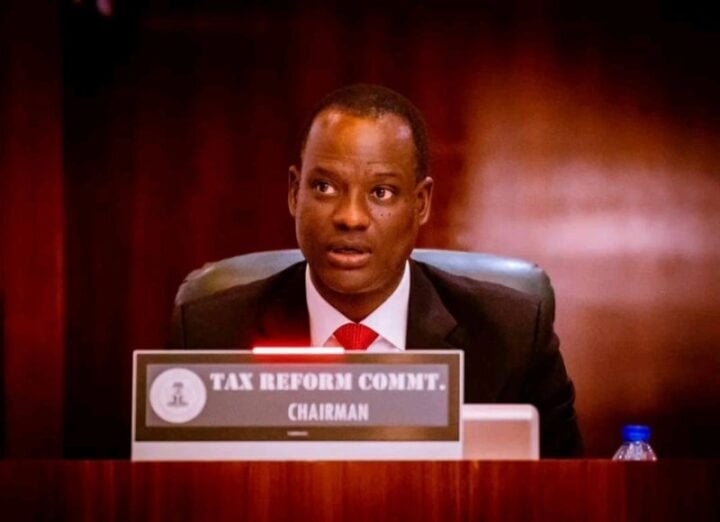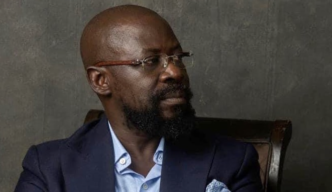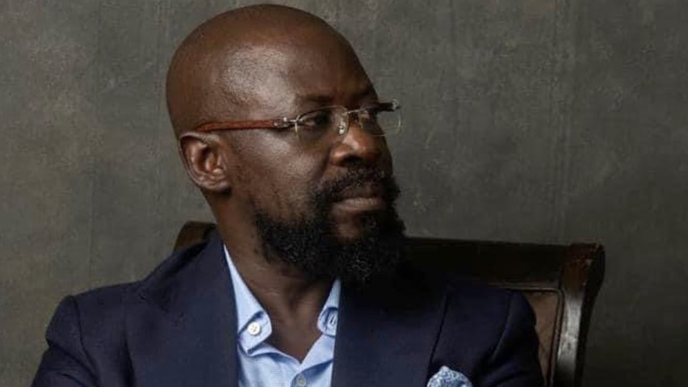A major policy of the Tinubu administration designed to overhaul the nation’s inefficient tax codes and enhance fiscal performance of the government has run into unexpected opposition from key members of the President’s party and important stakeholders.
I’m convinced that the reason some governors and lawmakers do not seem to understand or appreciate the intentions and objectives of the tax reform bills is because there was no adequate consultations and communication to sensitize and educate them. As we know, the Tinubu administration is not good at engaging with the citizens before it announces any policy decision. The fuel subsidy removal and the return of the old national anthem are just two instances in which the administration rushed through decisions without deep thinking, planning and consultations. That most of the governors and lawmakers who are against this legislation are members of the President’s party is a pointer to its internal weakness as a political platform.
For a policy initiative to succeed, it must have the support of a cross section of citizens, particularly those for whom the policy is designed, and to gain such a support, there should be a well designed and implemented package of strategic communication strategy and engagements with the relevant stakeholders. From what we now know from the government, the tax bills are meant to eliminate double taxation; remove low income earners from the tax bracket, reduce the federal government’s share of VAT income and change the sharing formula for VAT to achieve equitability.
Had the government mounted an effective communication and stakeholders’ engagement, some of the misunderstandings about the bills’ objectives, benefits, impacts on the revenues of the northern states and the fates of some agencies like TETFUND would have been addressed. It’s a shame that there was no public hearing on the tax reform bill before it was rushed to the national assembly. It speaks to the hubris of the administration which is obsessed with overwhelming sense of self importance
Advertisement
In the absence of effective communication strategy, the bills became a subject of rumours, misleading information and wrong interpretations of its provisions. For an administration that has 17 spokespersons and is headed by a man who owns a TV station and a newspaper house, it is a surprise that citizens’ engagement is lacking in its staple. It’s an unspeakable mediocrity in a democracy to treat the people with so much disdain.
In 1988, the IBB military government rolled out a massive privatisation programme which led to the sale of over 300 government’s assets to private and institutional investors. Before the programme kicked off, the agency that managed the massive sale, a massive sensitization programme was launched to educate Nigerians on why privatization was inevitable and that helped to blunt some of the criticisms. The communication team was headed by Emeka Maduegbunam, a seasoned TV anchor and PR professional. The messages were lucid, vivid, logical and convincing. I give kudos to Dr. Hamza Zayyad and Dr. Shamsuddeed Usman for the competencies with which they ran the privatization and commercialization programme. In March 2010, President Barrack Obama signed the Affordable Care Act (ACA) into law, making it one of the landmark legislations of his Presidency. Commonly known as the ObamaCare, ACA is the comprehensive health care reform law that addresses health insurance, health care costs and preventive care.
The bill was widely opposed by the Republicans, but through a combination of masterly political skills, exceptional communication strategies and advocacy, the law was passed by both houses. I will advise the Tinubu team to read the relevant chapter of President Obama’s memoir, A Promised Land, on details of how he secured the vote at Congress and the support of Americans for this important legislation. Leadership is a serious business.
Advertisement
But what do we get from the Tinubu media team? A constant barrage of lengthy insulting and abusive press releases targeted at Peter Obi, Olusegun Obasanjo and just about anybody who tends to hold a different view from the government. Uncouth, abrasive and full of hubris, the team is obsessed with constant power struggle and jostling for power which has sapped it of energy and creativity. It lacks overall strategic focus and coherence in message and messaging. I do not know any member of the team that has impressive credentials in strategic communications and PR.
In terms of discipline, APC has not done well either; otherwise the party would have addressed the concerns of its vocal members like Prof. Zulum, Senator Ali Ndume and a few others who have been constantly attacking the legislation and the perceived intentions government. It’s unusual for party luminaries to disagree so openly with their president and his policy. It is telling that Prof. Zulum is the successor to Vice President Shetima as Borno State Governor. While the governor is huffing and puffing, the VP has been quiet. Does it mean that the VP has not been able to convince Zulum on the good intentions and benefits of the bills, or is the VP himself not well briefed on them? If this were a parliamentary government, the lawmakers would probably be going for a No confidence vote as we saw in France this week.
Effective communication and stakeholder engagement is an integral part of modern governance. Unfortunately, this administration has been very weak at it. This president has not held a news conference; press interview or town hall since he took office. He has only been to one or two states on a condolence visit. But we have seen harassments of many journalists and read so many derogatory press statements.
It is just as well that President Tinubu has instructed the ministry of Justice to work closely with the national assembly to review the contentious portions of the draft legislation and the senate, ever so compliant to to the presidency, has suspended deliberations on it.
Advertisement
While the review proceeds, the government should develop strategic communications and engagement plans to explain the bills better to stakeholders. They should keep in mind the seven Cs of communication (Clear; Correct; Complete; Concise; Concrete; Considerate and Courteous) as the engagements proceed.
Views expressed by contributors are strictly personal and not of TheCable.
Add a comment











